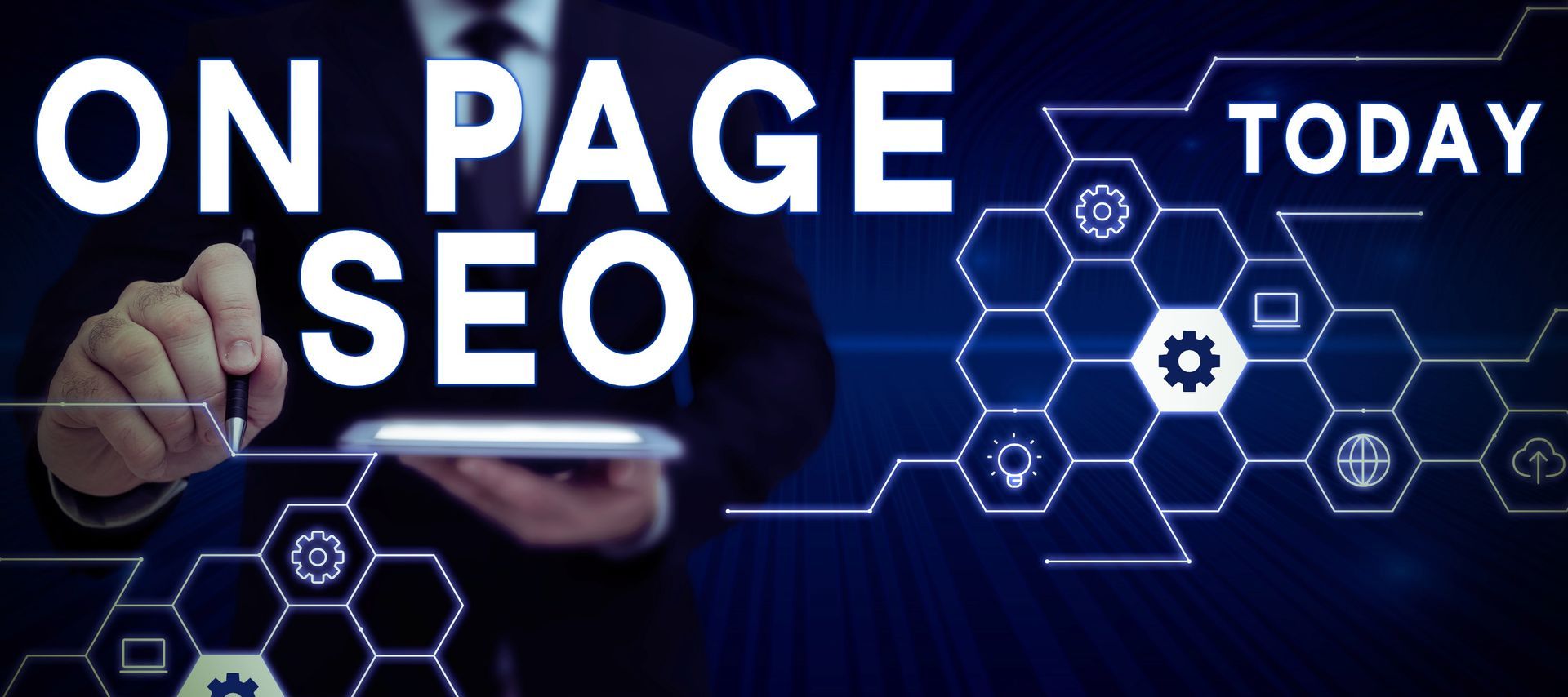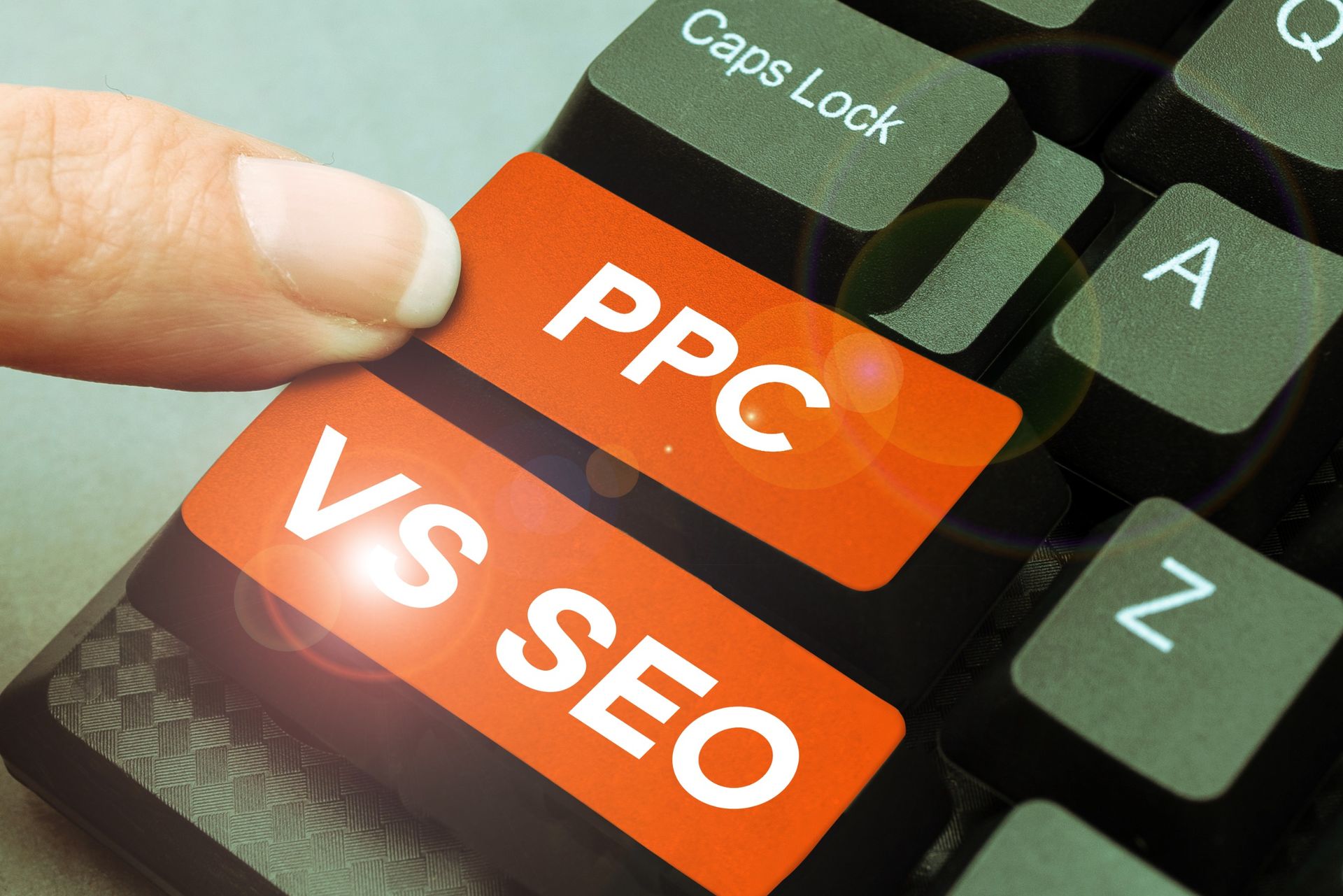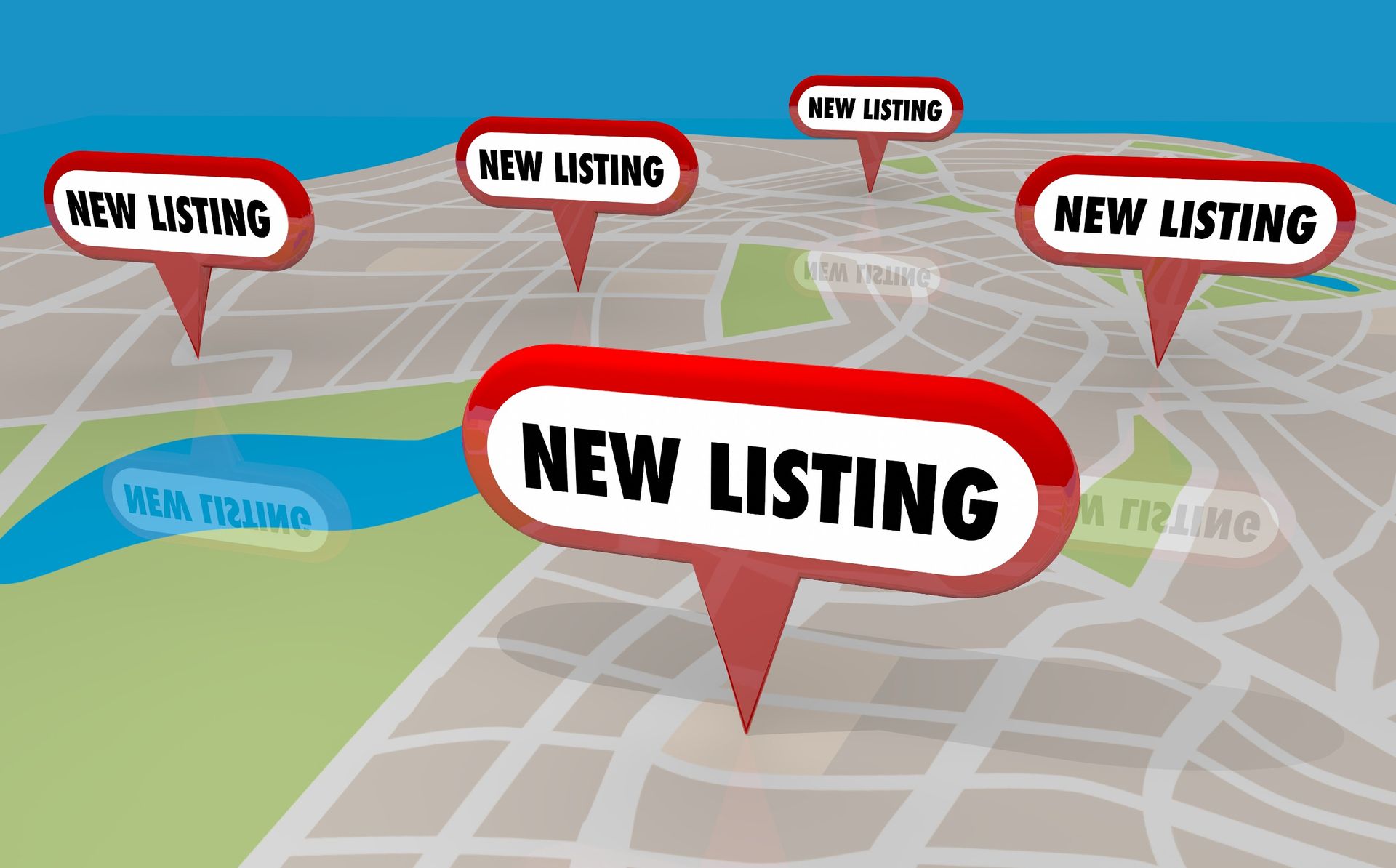
Elevate Your Revenue with SEO Strategies that Work
In today's digital marketplace, having a strong online presence is more than just beneficial—it's essential. Search Engine Optimization (SEO) plays a pivotal role in enhancing your visibility and driving sales. But how can you leverage SEO to boost your revenue effectively?
This blog post will guide you through actionable SEO strategies specifically designed to increase your sales.
Understanding the Basics of SEO
Search Engine Optimization (SEO) is the practice of optimizing your website to rank higher in search engine results pages (SERPs). The higher you rank, the more visible your site becomes to prospective customers. This increased visibility leads to more clicks and, ultimately, more sales.
Why SEO Matters for Your Business
SEO is not just about attracting visitors; it's about attracting the right visitors. Effective SEO strategies target users who are actively searching for products or services you offer. This means higher conversion rates and a more efficient sales funnel.
Key Components of SEO
Understanding SEO involves knowing its key components, including keyword research, on-page optimization, and off-page optimization. These elements work together to improve your site's visibility and drive more qualified traffic to your pages.
Keyword Research for More Sales
Keywords are the terms users type into search engines. Identifying the right keywords for your business can make a significant difference in your SEO efforts and, consequently, your sales.
Finding High-Intent Keywords
High-intent keywords are those that indicate a user is ready to make a purchase. These keywords often include terms like "buy," "discount," or "deal." Tools like Google Keyword Planner and SEMrush can help you identify these valuable keywords.
Long-Tail Keywords
Long-tail keywords are longer and more specific keyword phrases. While they may have lower search volumes, they usually have higher conversion rates because they attract more qualified traffic. For example, "best running shoes for flat feet" is more targeted than "running shoes."
Competitor Analysis
Analyzing your competitors' keywords can provide valuable insights. Tools like Ahrefs and Moz allow you to see which keywords your competitors are ranking for and how you can compete for those same terms.
On-Page Optimization Techniques
On-page SEO involves optimizing individual web pages to rank higher and earn more relevant traffic. This includes both the content and the HTML source code of a page.
Crafting Compelling Meta Titles and Descriptions
Your meta title and description are the first things a user sees on the SERPs. A compelling title and description can significantly improve your click-through rates (CTR). Make sure to include your primary keyword and a clear call-to-action.
Quality Content is King
Creating high-quality, valuable content is one of the most effective on-page SEO strategies. Your content should address the needs and interests of your target audience. Well-written, informative content not only helps with SEO but also builds trust with your audience.
Optimizing Images and Alt Text
Images can enhance user experience, but they need to be optimized to improve SEO. Use relevant images, compress them to reduce load times, and include descriptive alt text with keywords.
Enhancing User Experience (UX)
User experience (UX) is a crucial factor in SEO. A site that is easy to navigate and loads quickly will rank higher in search results.
Site Speed and Performance
A fast-loading website enhances user experience and reduces bounce rates. Use tools like Google PageSpeed Insights to check your site's speed and make necessary improvements.
Mobile Optimization
With more users accessing the internet via mobile devices, your site must be mobile-friendly. Ensure your site is responsive and offers a seamless experience on all devices.
Easy Navigation
A well-structured site with easy navigation helps users find what they're looking for quickly. Use clear headings, subheadings, and a logical menu structure to improve usability.
Building High-Quality Backlinks
Backlinks are links from other websites to your own. They are crucial for SEO because they signal to search engines that your site is authoritative and trustworthy.
Guest Posting
Guest posting on reputable blogs in your industry can help you build high-quality backlinks. Focus on providing valuable content that readers will find useful.
Broken Link Building
Broken link building involves finding broken links on other websites and offering your content as a replacement. This not only helps you get backlinks but also helps the site owner fix broken links.
Leveraging Social Media
Sharing your content on social media platforms can help you earn backlinks. When your content is shared widely, it increases the chances of other sites linking to it.
Local SEO for Targeted Traffic
Local SEO focuses on optimizing your online presence to attract more business from relevant local searches. This is crucial for businesses that operate in specific geographic areas.
Google Business Profile
Optimizing your Google Business profile can significantly improve your local SEO. Ensure that all your business information is accurate and up-to-date.
Local Keywords
Incorporating local keywords into your content can help you rank higher in local searches. Include your city or region in your keywords to attract local traffic.
Online Reviews
Positive online reviews can improve your local SEO and build trust with potential customers. Encourage satisfied customers to leave reviews on platforms like Google and Yelp.
Measuring Your SEO Success
It's essential to track your SEO efforts to understand what's working and what needs improvement. Use analytics tools to measure your performance.
Google Analytics
Google Analytics provides detailed insights into your site's traffic, including where your visitors are coming from and how they're interacting with your content.
Search Console
Google Search Console helps you monitor your site's presence in Google search results. It provides information on search queries, click-through rates, and indexing status.
KPIs to Track
Key Performance Indicators (KPIs) like organic traffic, bounce rate, and conversion rate can help you measure the success of your SEO efforts.
The Role of Content Marketing in SEO
Content marketing and SEO go hand in hand. High-quality content attracts visitors and encourages them to stay on your site longer, which can improve your rankings.
Blogging for SEO
Regularly updating your blog with fresh content can boost your SEO efforts. Focus on writing informative, engaging posts that address the needs of your audience.
Video Content
Video content is increasingly popular and can significantly enhance your SEO. Create videos that provide value to your audience and optimize them with relevant keywords.
Infographics
Infographics are a great way to present complex information visually. They are highly shareable and can help you earn backlinks.
E-commerce SEO Strategies
For e-commerce businesses, SEO is crucial for driving traffic and increasing sales. Optimize your product pages and use targeted keywords to attract potential buyers.
Product Descriptions
Write unique, detailed product descriptions that include relevant keywords. Avoid duplicating manufacturer descriptions, as unique content is more valuable for SEO.
Customer Reviews
Customer reviews can improve your product pages' SEO by adding fresh content and including keywords. Encourage satisfied customers to leave reviews.
Internal Linking
Internal linking helps search engines understand the structure of your site and improves navigation for users. Link related products and categories to enhance SEO.
The Impact of Voice Search on SEO
Voice search is becoming increasingly popular, and optimizing for it can give you a competitive edge. Focus on natural language and question-based keywords.
Conversational Keywords
Voice search queries are typically more conversational. Incorporate natural language and question-based keywords into your content to improve your chances of being found through voice search.
Featured Snippets
Featured snippets are often used for voice search results. Structure your content to answer common questions clearly and concisely to increase your chances of being featured.
Mobile Optimization
Since most voice searches are conducted on mobile devices, ensure your site is mobile-friendly. A responsive design and fast load times are crucial.
Conclusion
SEO is a powerful tool that can significantly boost your sales when done correctly. By understanding and implementing the strategies outlined in this blog post, you can improve your website's visibility, attract more qualified traffic, and ultimately increase your revenue.
Remember, SEO is not a one-time effort but an ongoing process that requires constant optimization and adaptation to stay ahead of the competition. Start today and watch your business grow!
Ready to take the next step?
Start by doing keyword research and implementing the on-page and off-page SEO strategies shared in the post. If you need expert guidance, contact
Whale Traffic today to discover how we can help you optimize your website for maximum impact!





Whale Traffic
We've been dealing with massive amounts of traffic since the 90's. We're still here, and still growing. Ready to see how Whale Traffic can scale your company? Well as ad people, we say "Get Started Here."
Contact Us
Whale Traffic LLC
1968 S. Coast Hwy, #1921
Laguna Beach, CA 92651
United States




